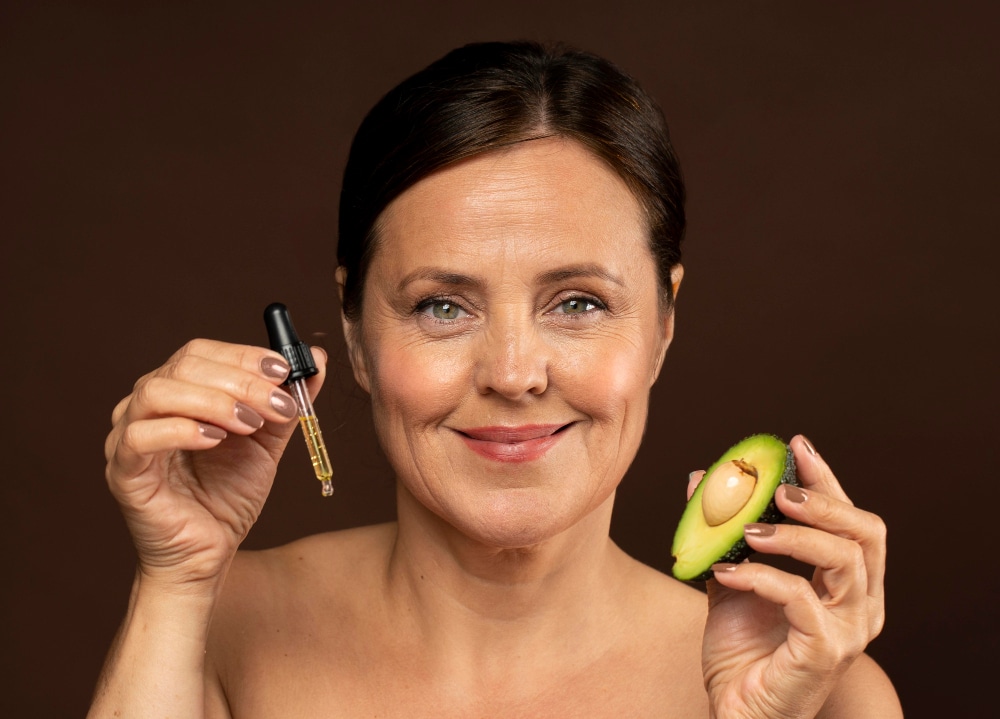
As the vegan lifestyle gains traction alongside the increasing popularity of minimally invasive cosmetic procedures, patients are becoming more inquisitive about vegan-friendly cosmetic injections.
While you may excel in rejuvenating appearance, addressing inquiries regarding lifestyle choices can pose a challenge, even for seasoned cosmetic injectors. Eventually, one of your patients may inquire about the vegan suitability of their preferred injectable products.
It’s essential to understand the criteria for determining a product’s vegan status and whether popular injections like Juvéderm, Restylane, Botox, and others meet these requirements.

In the realm of consumer products, the term “vegan” goes beyond dietary preferences; it signifies a conscientious lifestyle choice rooted in ethical and environmental considerations. When it comes to identifying vegan products, two fundamental criteria come into play: ingredients and product testing.
Ingredients: A vegan product must be devoid of animal products and derivatives, including meat, eggs, dairy, and other animal-derived substances. This extends to materials obtained from animals, irrespective of whether the animals are alive, aligning with vegan principles of avoiding exploitation.
Product Testing: A crucial aspect of vegan products is that they have not undergone animal testing. This means that animals like rabbits were not subjected to the product to assess reactions such as skin irritation or eye discomfort, particularly relevant in industries like cosmetics. While products without animal ingredients can legally be labeled as vegan, many vegans prioritize products that haven’t been tested on animals, often referred to as animal cruelty-free.
Vegans contemplating cosmetic injections face considerations regarding the availability and ethical alignment of these procedures.
Botulinum toxin injections, primarily used for dynamic wrinkles, currently lack vegan options in the US and have undergone animal testing, although efforts to minimize this are ongoing.
However, for vegan patients seeking to address volume loss in areas like the lips, dermal fillers offer potential solutions. Many hyaluronic acid fillers, derived from bacterial fermentation, are considered non-animal products, yet most have been subjected to animal testing.
The varying perspectives within the vegan community on what constitutes an acceptable product further complicate decision-making. While some may accept non-animal ingredients despite testing, others may prioritize avoiding products tested on animals.
Healthcare providers should provide comprehensive information to vegan patients, empowering them to make informed choices according to their personal values. Ultimately, the decision to pursue filler injections rests with the individual’s comfort level and ethical stance.

As society increasingly embraces veganism and grows more aware of ethical considerations like animal testing, inquiries regarding cosmetic product ingredients and testing are expected to rise within clinical settings. Addressing queries about the vegan status of dermal fillers presents a nuanced challenge, as considerations extend beyond ingredient sourcing to encompass animal testing practices.
While no straightforward answer exists, exploring alternatives such as non-animal hyaluronic acid fillers like Juvederm Volite may offer a step toward meeting the evolving demands of ethically conscious consumers. For access to such products, consider visiting NuDermaSupply.com today.
Join our newsletter to receive latest news and offers

Medicle MD Ltd
Reg. Number: 14317237
Address: 27 Old Gloucester Street,
WC1N 3AX London,
United Kingdom
Our website is intended solely for people who use medical devices, such as dermal fillers, as professionals. It may contain product advertisements targeted only at such people. To enter Nu Derma Supply, please confirm that you are such a person (e.g. a medical professional, cosmetologist, service technician, etc.).